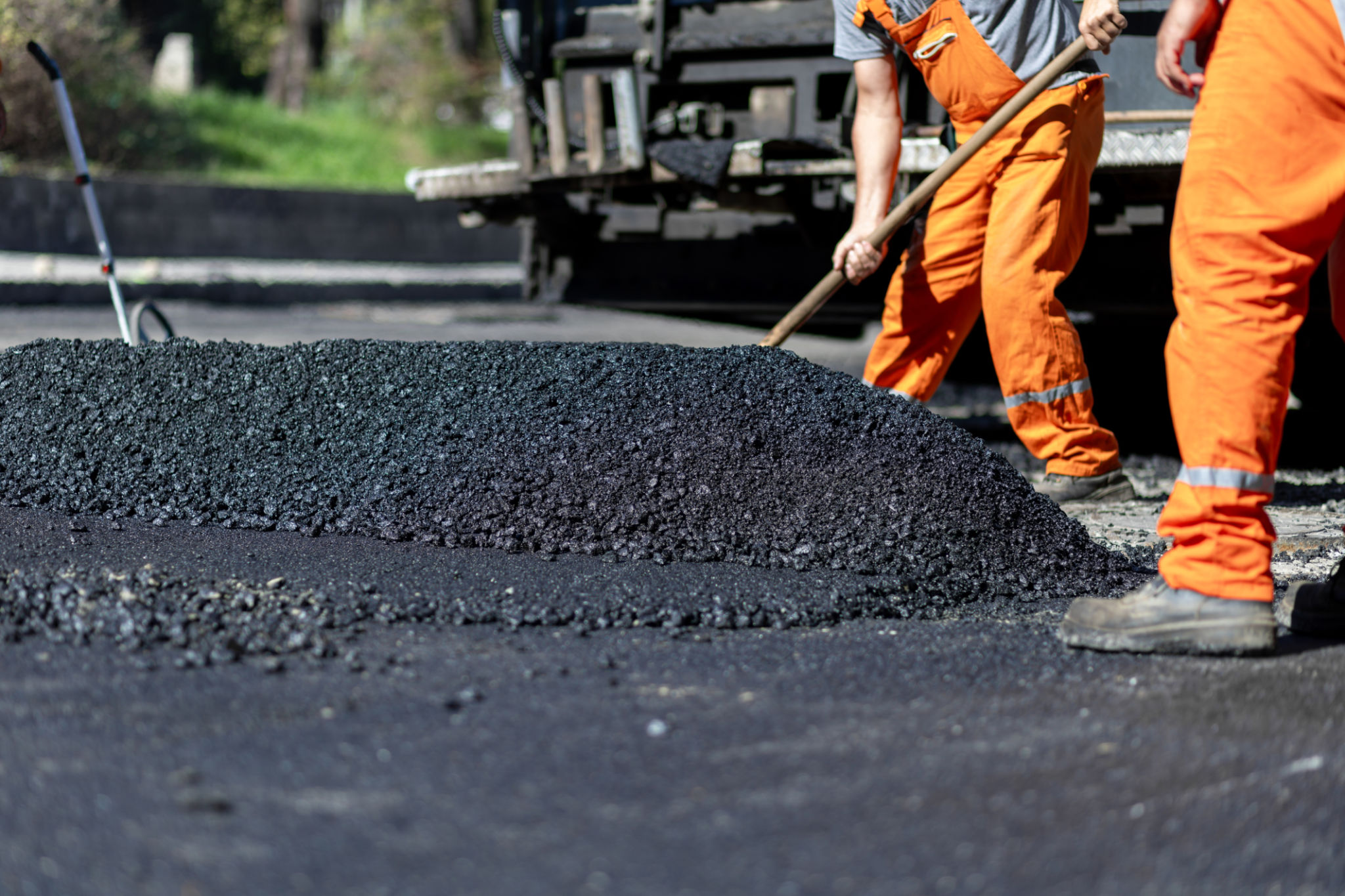Expert Insights: Comparing Asphalt vs. Concrete Paving
Understanding the Basics: Asphalt and Concrete
When it comes to paving, two of the most popular materials used are asphalt and concrete. Both have their unique characteristics, advantages, and drawbacks. Understanding these can help property owners and developers make informed decisions. Asphalt is known for its smooth appearance and flexibility, while concrete is valued for its strength and durability.
Asphalt is a composite material made up of mineral aggregates and bitumen. It's commonly used for roads, parking lots, and driveways due to its affordability and relatively quick installation process. On the other hand, concrete is a mixture of cement, water, and aggregates like sand or gravel. It's often chosen for heavy-duty applications because of its robustness.

Installation and Cost Considerations
One of the primary factors influencing the choice between asphalt and concrete is the cost of installation. Asphalt is generally less expensive upfront, making it a popular choice for large projects with budget constraints. Its installation process is also faster, which can save time and reduce labor costs.
Concrete, while more expensive initially, offers long-term value due to its durability. The installation process can be more labor-intensive, requiring time for curing to reach its full strength. This upfront investment can be offset by lower maintenance costs over time.

Maintenance and Longevity
Maintenance is another critical factor to consider. Asphalt requires regular maintenance, including sealing every few years to maintain its appearance and extend its lifespan. Its flexibility can be a double-edged sword, as it can suffer from cracks and potholes if not properly maintained.
Concrete is renowned for its longevity and minimal maintenance requirements. It can last up to 30 years or more with proper care. Although it may develop cracks over time, these are generally less frequent and less severe than those found in asphalt.

Environmental Impact
The environmental impact of paving materials is becoming increasingly important in today's eco-conscious world. Asphalt is partially recyclable, as old asphalt can be reused in new paving projects. This recycling ability helps reduce waste and resource consumption.
Concrete production has a higher carbon footprint due to the cement manufacturing process. However, its long lifespan can somewhat mitigate this impact by reducing the need for frequent replacements. Choosing sustainable practices in sourcing materials can also help lessen the environmental effects.
Aesthetic Appeal and Temperature Considerations
For many property owners, the aesthetic appeal of their pavement is crucial. Asphalt's dark color gives a sleek, modern look that many find appealing. However, this dark surface can absorb heat, making it hot to the touch in sunny climates.
Concrete offers more versatility in terms of color and design options, allowing for creative customization. Its lighter color reflects sunlight, which can lead to cooler surfaces but may also show stains more readily.

The Verdict: Which One to Choose?
Ultimately, the choice between asphalt and concrete will depend on various factors such as budget, climate, intended use, and personal preference. For those seeking a cost-effective solution with quick installation, asphalt may be the best option. Conversely, if durability and low maintenance are priorities, concrete might be the ideal choice.
Consulting with paving professionals can provide tailored advice based on specific project needs. By weighing the pros and cons of each material, property owners can make informed decisions that align with their goals and values.
